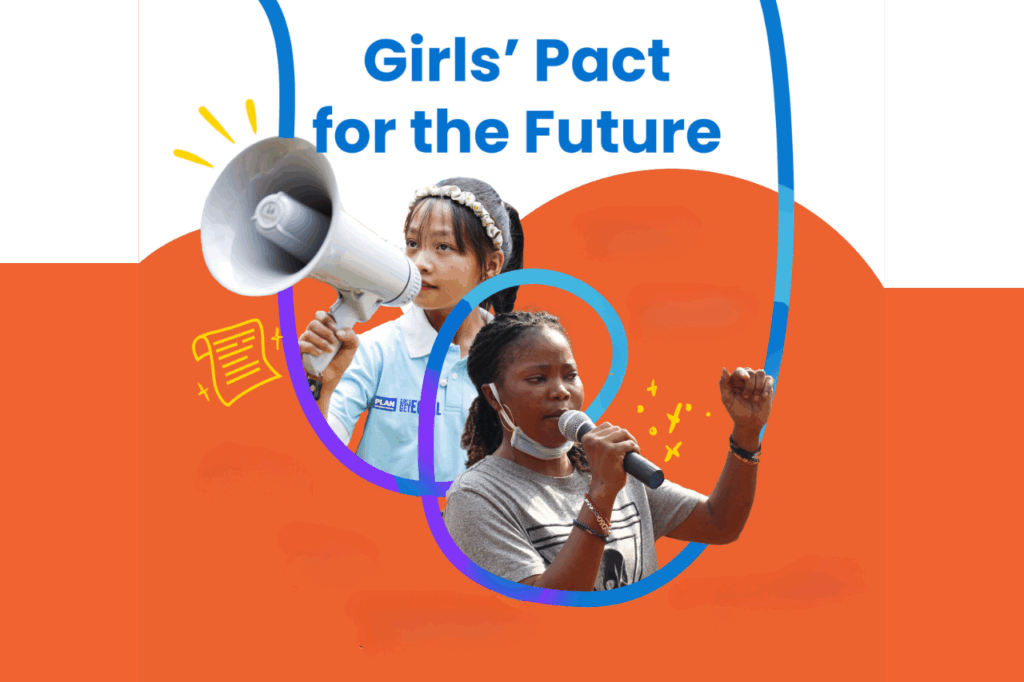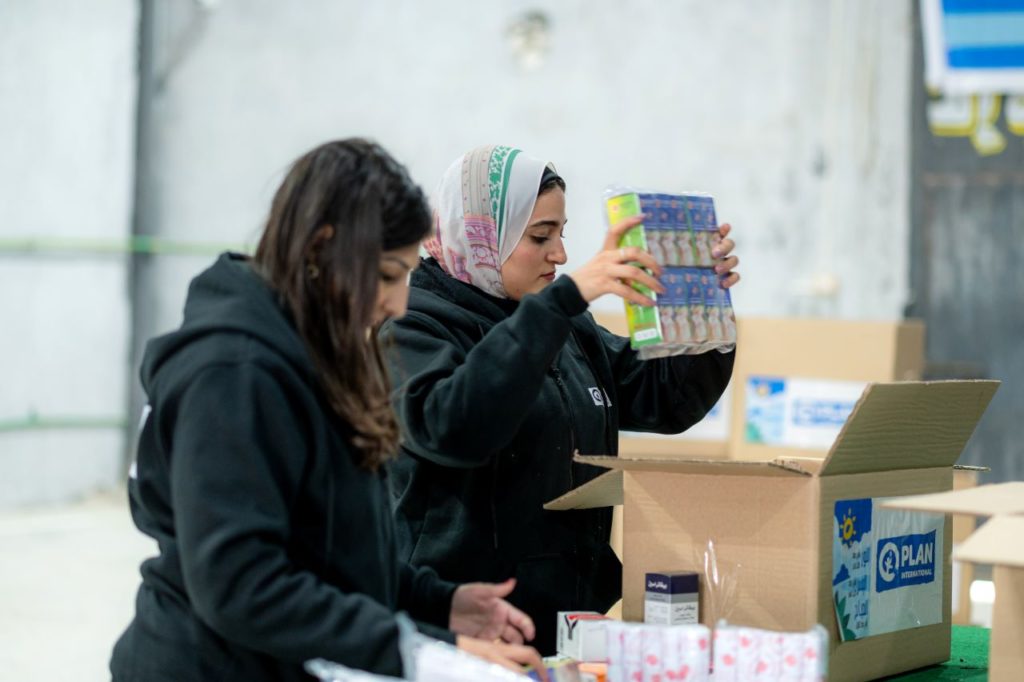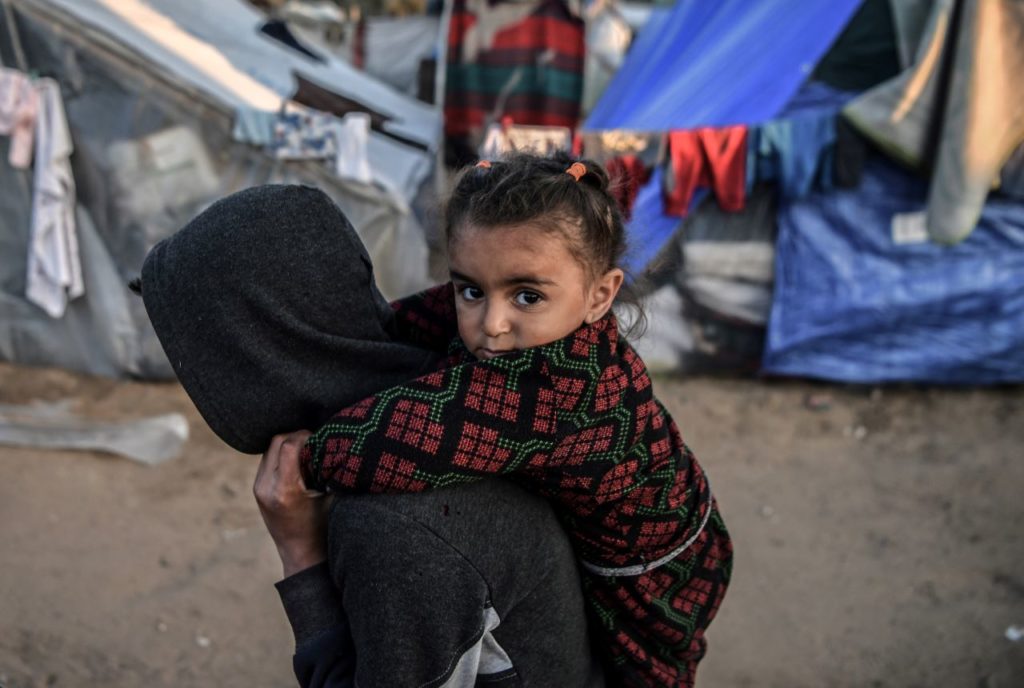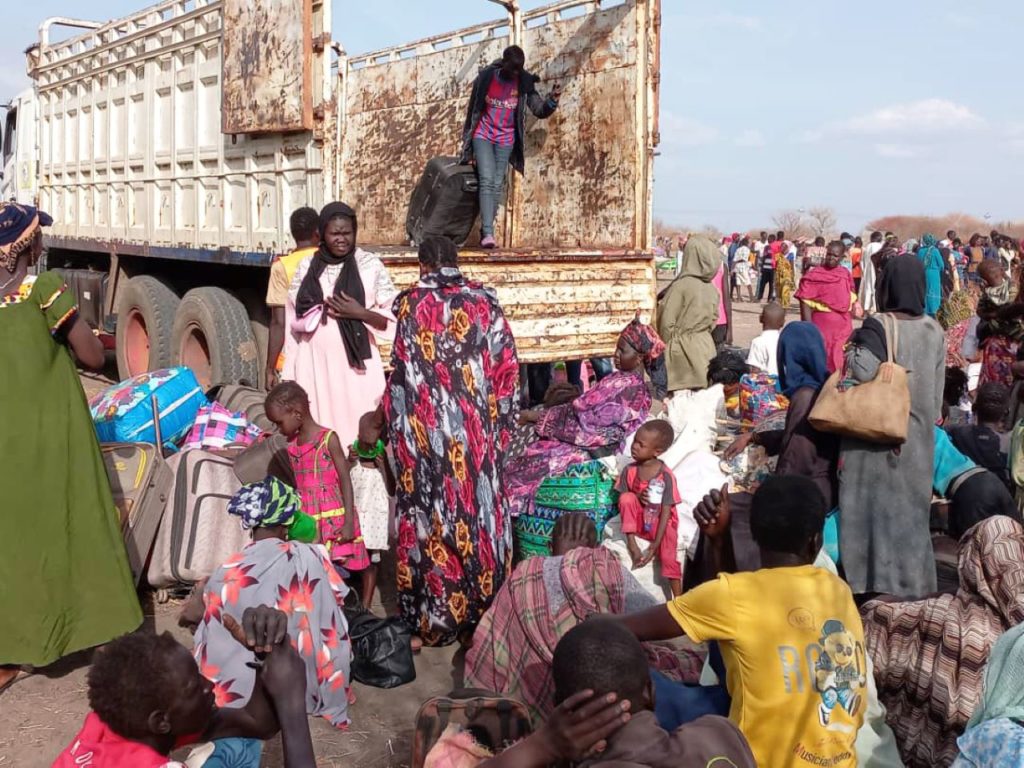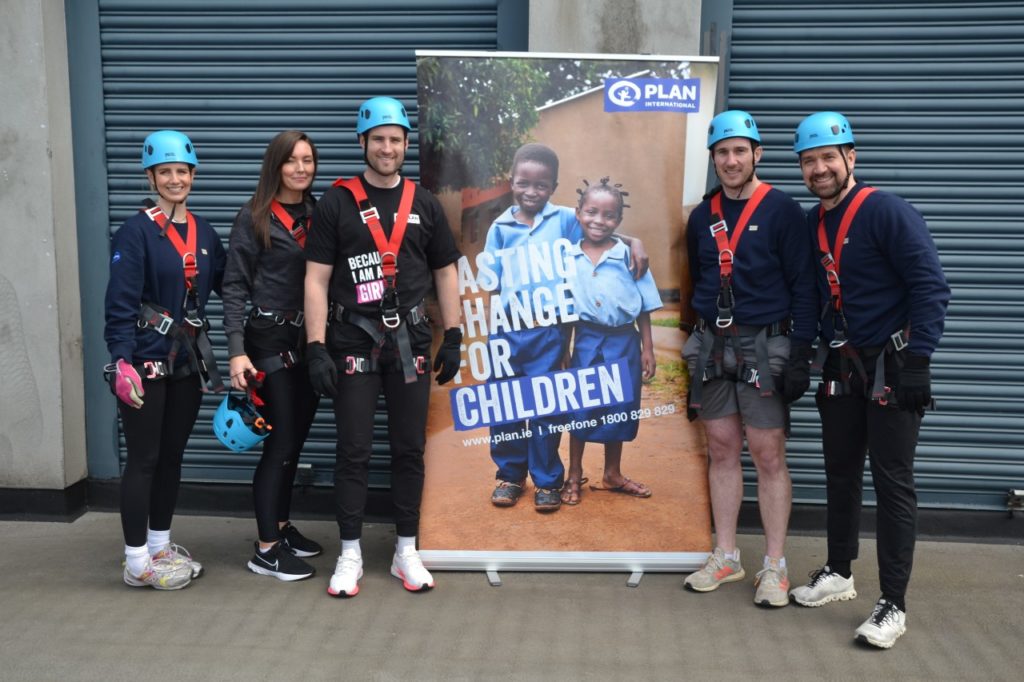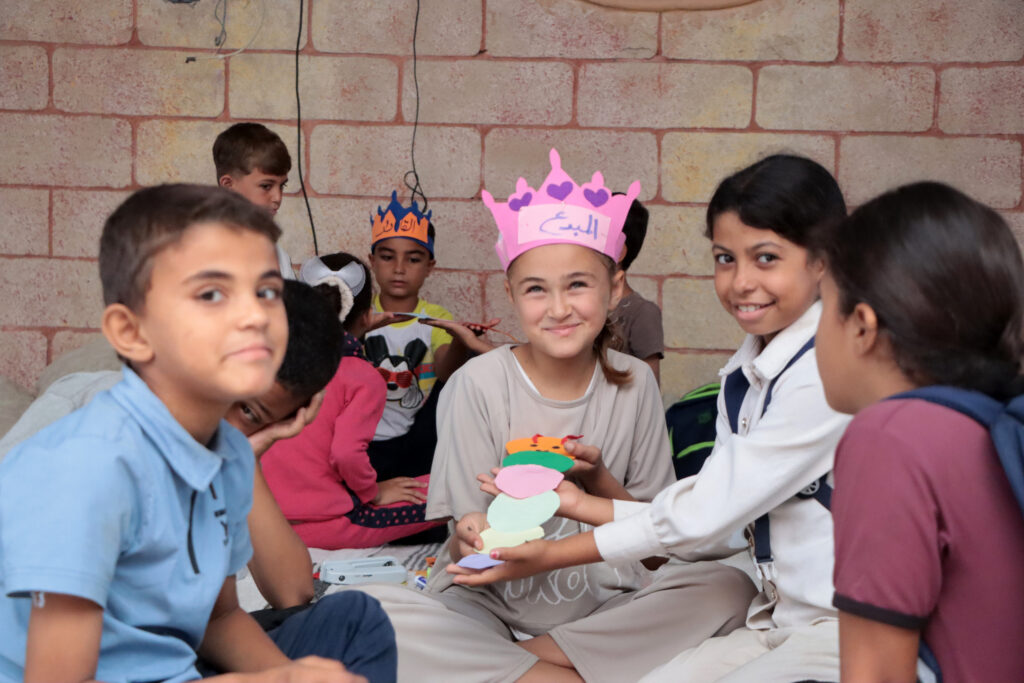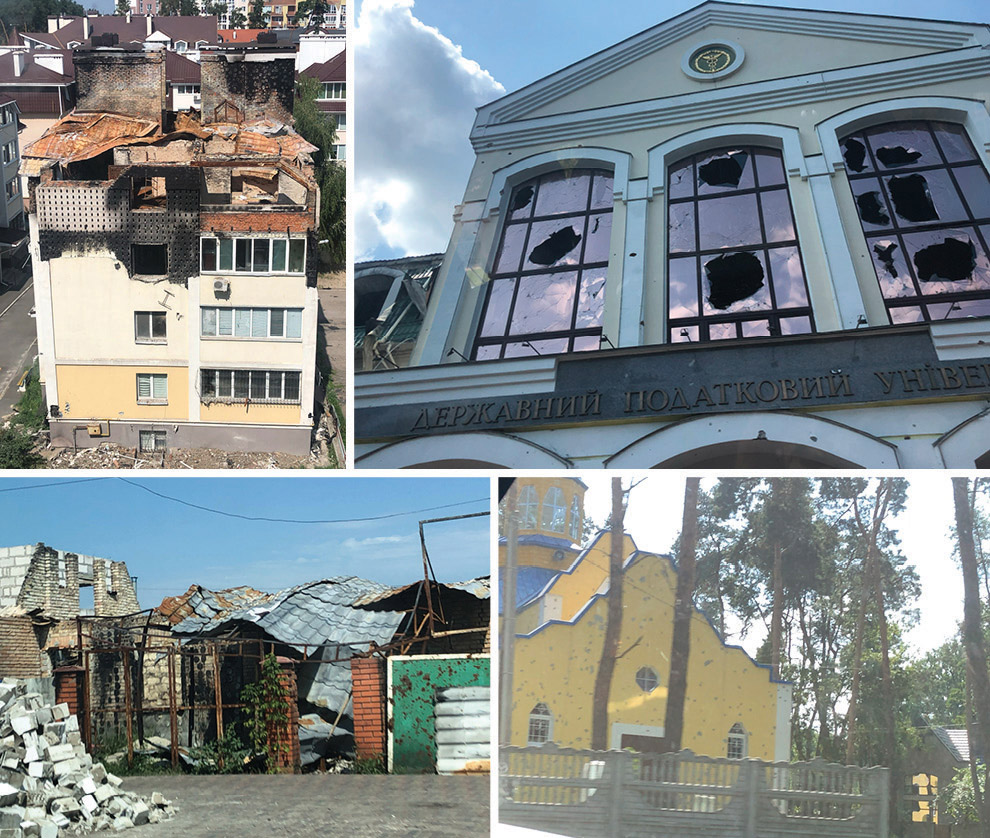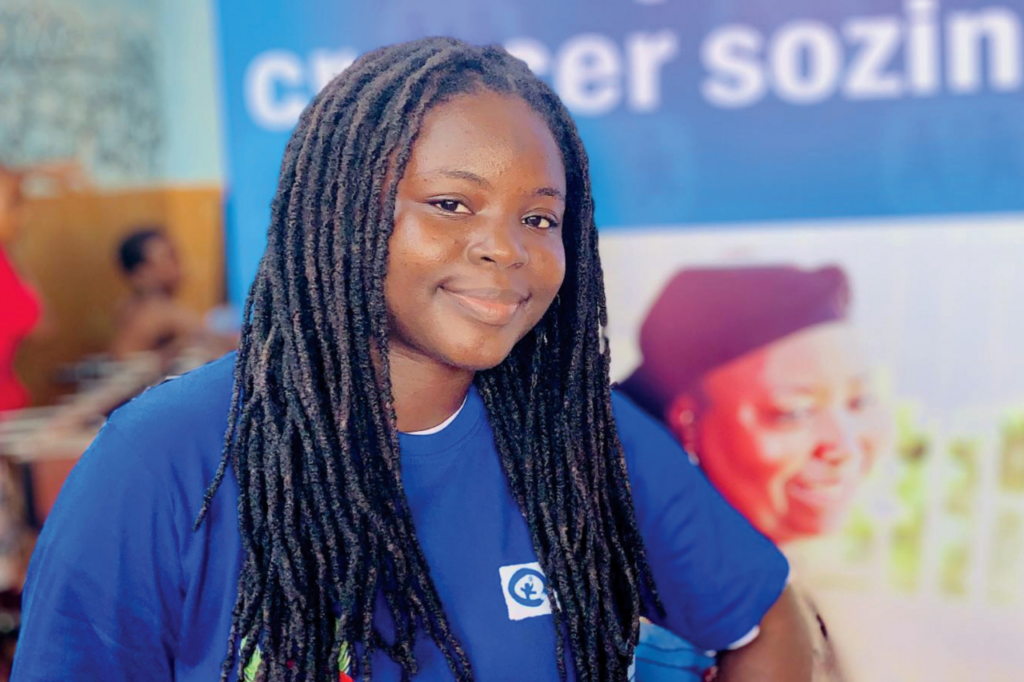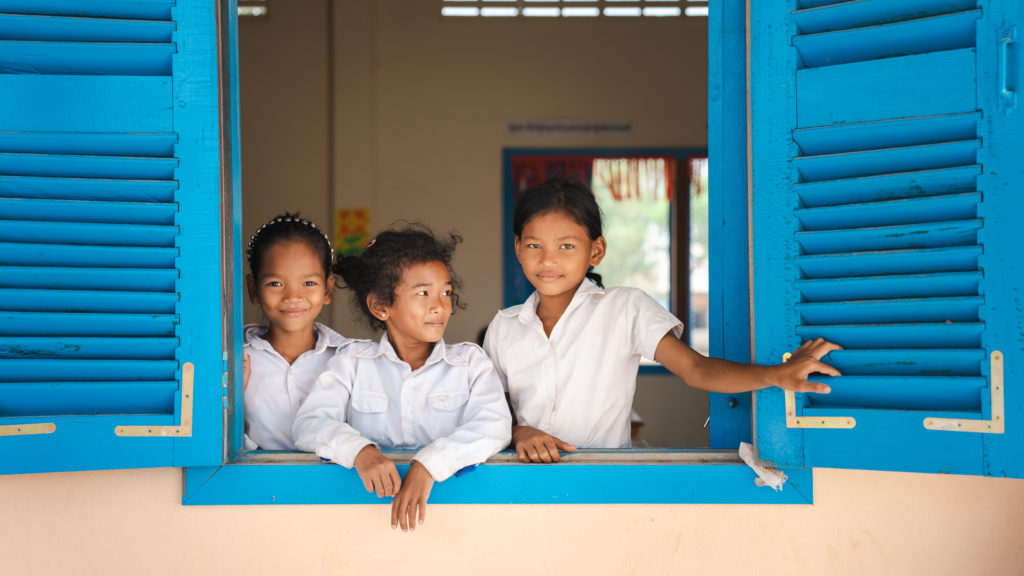Haitian mother pleads for food, health and education for her children as hunger crisis worsens.
As the humanitarian crisis in Haiti worsens, with 4.9 million people without enough to eat, Plan International calls on the international community not to leave the country behind.
“This morning I gave my children rice for breakfast, and I don’t know how I’m going to feed them when they get home,” says Jesula, a mother of a seven-year-old boy and a three-year-old girl living in the Southeast Department of Haiti.
Jesula is also pregnant and has been diagnosed with anemia due to a lack of food.
Jesula says the three major issues afflicting her family at present are lack of adequate food, poor health and access to education. “We have difficulty eating well,” she says, which negatively impacts the children’s health and education outcomes.
“Although we go to the school to talk to the director, that doesn’t stop him from sending the children home for lack of payment.” So far this year, Jesula has not been able to pay school fees.
According to the last IPC update, at least 4.9 million people are experiencing an acute and worsening food insecurity crisis driven by political violence and natural disasters in Haiti – nearly 50% more people than originally projected this year.
The humanitarian emergency in Haiti has worsened in recent weeks due to gang violence, civil unrest, and poor economic conditions stemming from limited employment opportunities.
This has led to increasing food insecurity, with markets running out of supplies, and food not reaching homes due to lack of fuel leading to transportation blockages.
Right now, nearly half of the population doesn’t have enough to eat, including 19,200 people facing catastrophic levels of food insecurity (IPC Phase 5) for the first time ever. IPC Phase 5 is the highest phase on the UN’s acute food insecurity scale, attributed when at least 20% of households and 30% of children are facing acute malnutrition from lack of food.
On the ground in Haiti, pregnant women, breastfeeding mothers, infants, children and the elderly remain the most vulnerable to the impacts of the hunger crisis, according to recent research by Plan International.
In Jesula’s case, she is worried that without medical treatment her pregnancy may leave her crippled for life. “I need treatment before the baby is born. According to the nurse, there is a risk that I won’t be able to stand up again after delivery,” she said.
Daphne de Bordes, Plan International Haiti’s Country Director, says the current hunger crisis holds drastic implications for girls’ futures in the region: “Haiti’s crisis is depriving girls of their right to protection and education. In the midst of so many emergencies affecting the entire world, it’s important not to overlook Haiti, especially for girls who are at risk because of violence, hunger and a lack of basic health services”.
“We will continue with this effort but as the situation continues to deteriorate we need your support so we can help those children who are more vulnerable, especially girls. We cannot wait another day.” says de Bordes.
Plan International’s has been responding to the hunger crisis in Haiti since 2022, reaching more than 2,500 people with cash transfers to buy vital food supplies and education fees. In addition, Plan International is working on the ground to raise awareness in communities about nutrition, gender equality, and the protection of girls and children.
